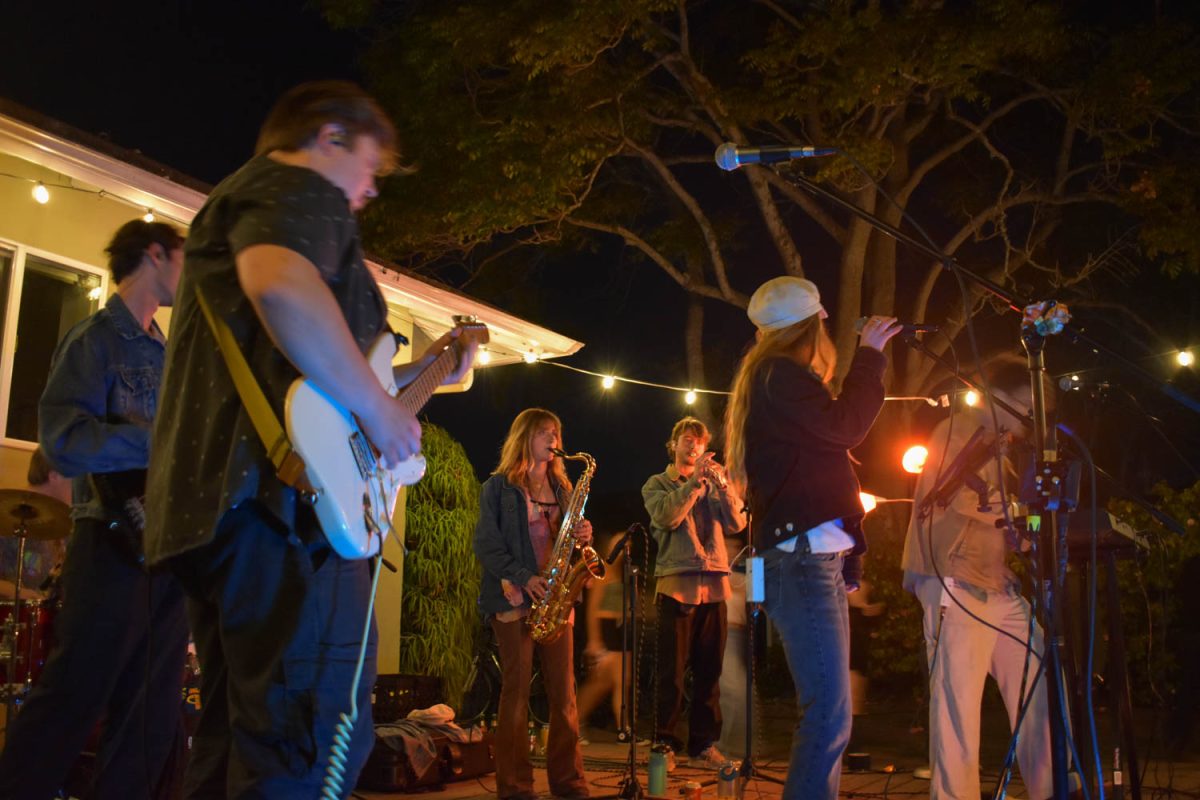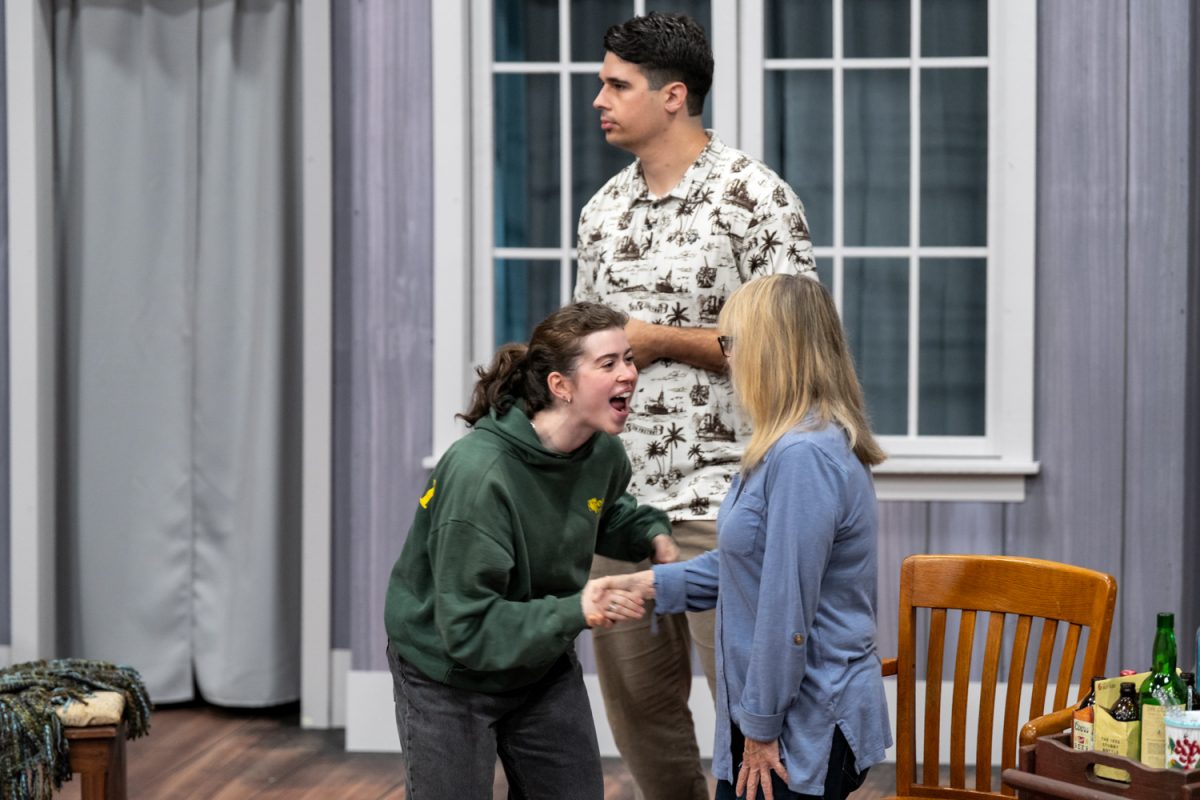The Associated Student Government voted Friday to approve a revised policy regarding free speech on campus after amending the revised policy further by removing the status of the bridge and campus offices as non-public forums.
The most recent version of the original free speech policy, Administrative Procedure 3900: “Speech: Time, Place, and Manner” was approved April 2016. Earlier this year, the Board Policies and Procedures Committee decided that the policy needed to be updated, so several suggestions were made on how to change it and the suggestions were given to the Board of Trustees in January. Those suggestions and some others made by the board were brought to the Student Senate Friday so that the college could receive student input on the proposed revisions. The senators concluded that they largely agreed with the revisions faculty members have made, but they wanted both the bridge connecting East and West Campus and campus offices to be considered public forums.
According to the revised policy, students are not allowed to engage in free speech activities such as protests, demonstrations and the distribution of printed educational material on areas of campus that are considered non-public forums. The areas the revised policy designates as non-public forums include campus offices, classrooms, student support areas, warehouses, maintenance yards, locker rooms, and the bridge.
The original policy severely limited the places freedom of speech activities could occur on campus. According to Trustee Peter Haslund, spoke during board discussion of the policy in January, the main reason it was created was because Vietnam War protests on campus became too disruptive. The revised policy permits freedom of speech activities to be practiced on the majority of the areas on City College’s three campuses with the exception of the non-public forums.
Nick Hofstatter, the student senate commissioner of sustainability, said that he understands there have been issues with people doing sit-ins at the bridge, but he also understands why the students feel the need to protest in this location.
“If students are really upset about an issue and don’t feel like their voices are being heard, then maybe rallying on the lawn isn’t enough,” Hofstatter said.
“Maybe they feel like they need to stop traffic to get people to realize what they’re there for. I’m wondering if this is something we should support and if we should consider the fact that sometimes students, when they’re upset, should have the right to make a disruption.”
A few senators also discussed how the policy how might affect the academic success of students.
Jason Barrios, commissioner of academics, said that when this policy was discussed at an Academic Senate meeting, some professors expressed concern about students protesting on the bridge because there have been times in the past where a protest on the bridge led to passerby students being late to class.
“Professors need to teach at a specific time and when you come in late you miss instruction and that is upsetting to any professor,” Barrios said. “We should advocate for people’s right to protest, but we don’t want them to be doing that in areas where people can be blocked or obstructed.”
After much debate, Nick Hofstatter proposed taking out the bridge and campus offices as non-public forums.
He elaborated on his proposal by saying that it is unclear how making campus offices non-public forums will affect students’ right to free speech in campus offices, and students should be able to use the bridge as a “last resort” area of protest if their voices are ignored when they protest in the other public forum areas.
“I think they should have the right to go on the bridge to say ‘you know what we tried, but it didn’t work and now we’re gonna try something that’s a little more radical because our voices weren’t heard.’”
The motion by Hofstatter to take out the bridge and the campus offices as non-public forums passed unanimously, and a motion to approve the amended policy passed with only one senator, Jason Barrios, voting against the motion.










![Milton Alejandro Lopez Plascencia holds a flag showcasing the United States and Mexico on Feb. 7 in Santa Barbara, Calif. “It’s heartbreaking to see what is happening all across the country,” Lopez Plascencia said. “I [want] my voice to be heard by the community.”](https://www.thechannels.org/wp-content/uploads/2025/05/MGSImmigration-1-1200x800.jpg)




